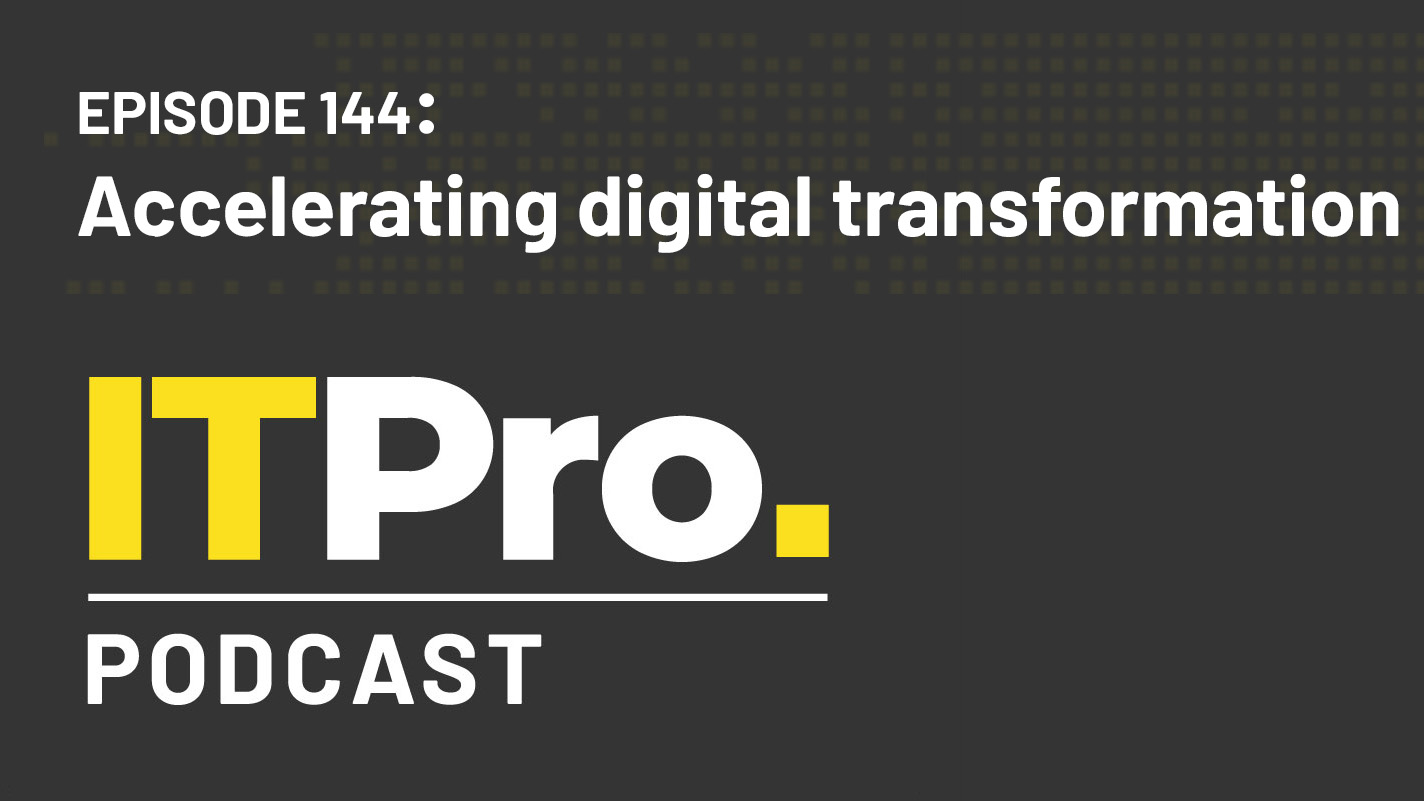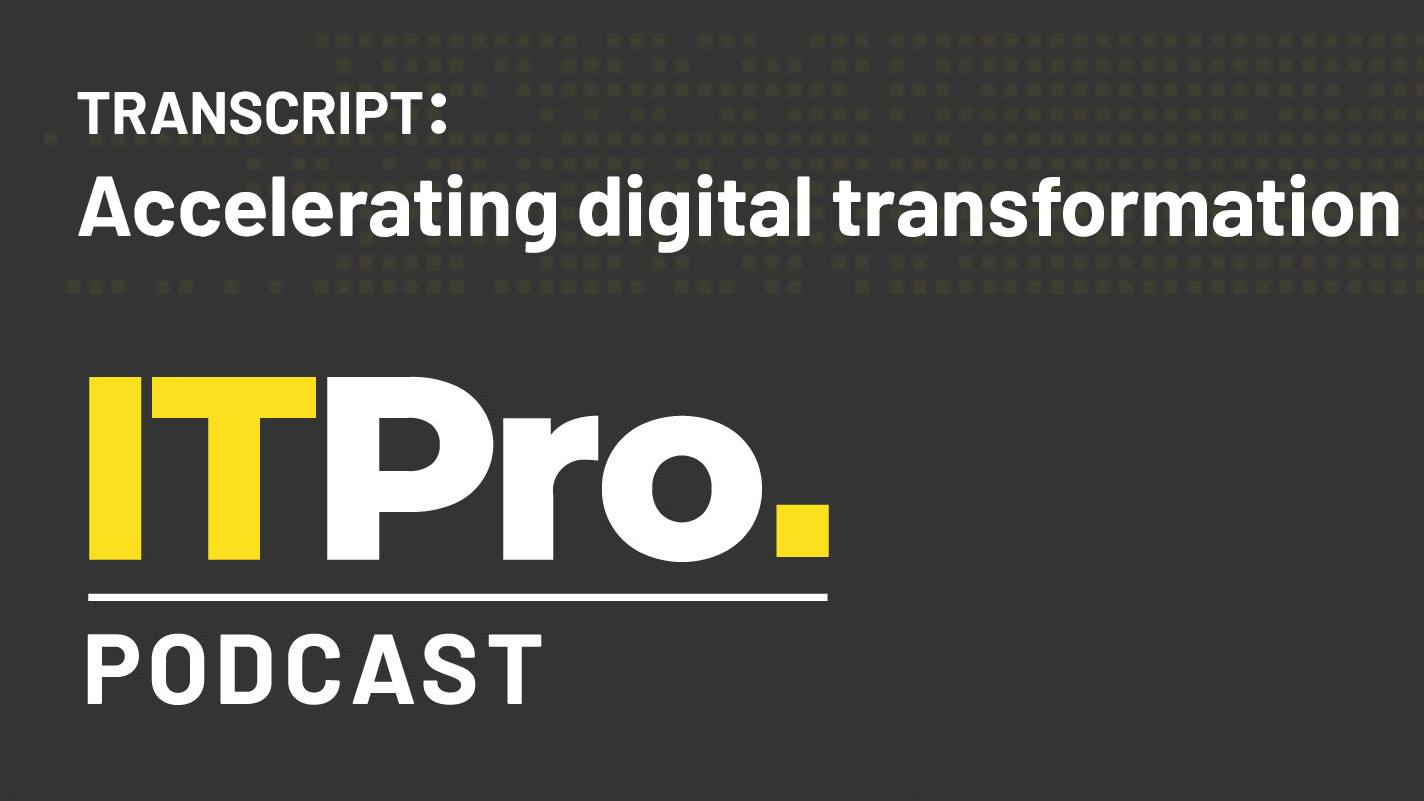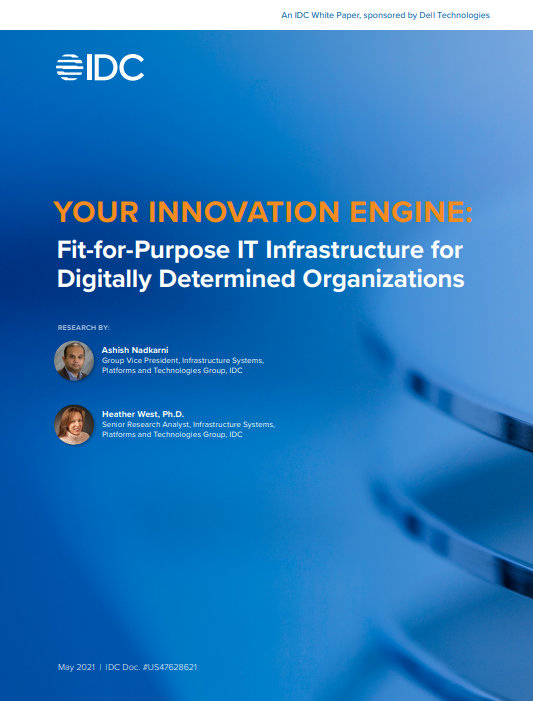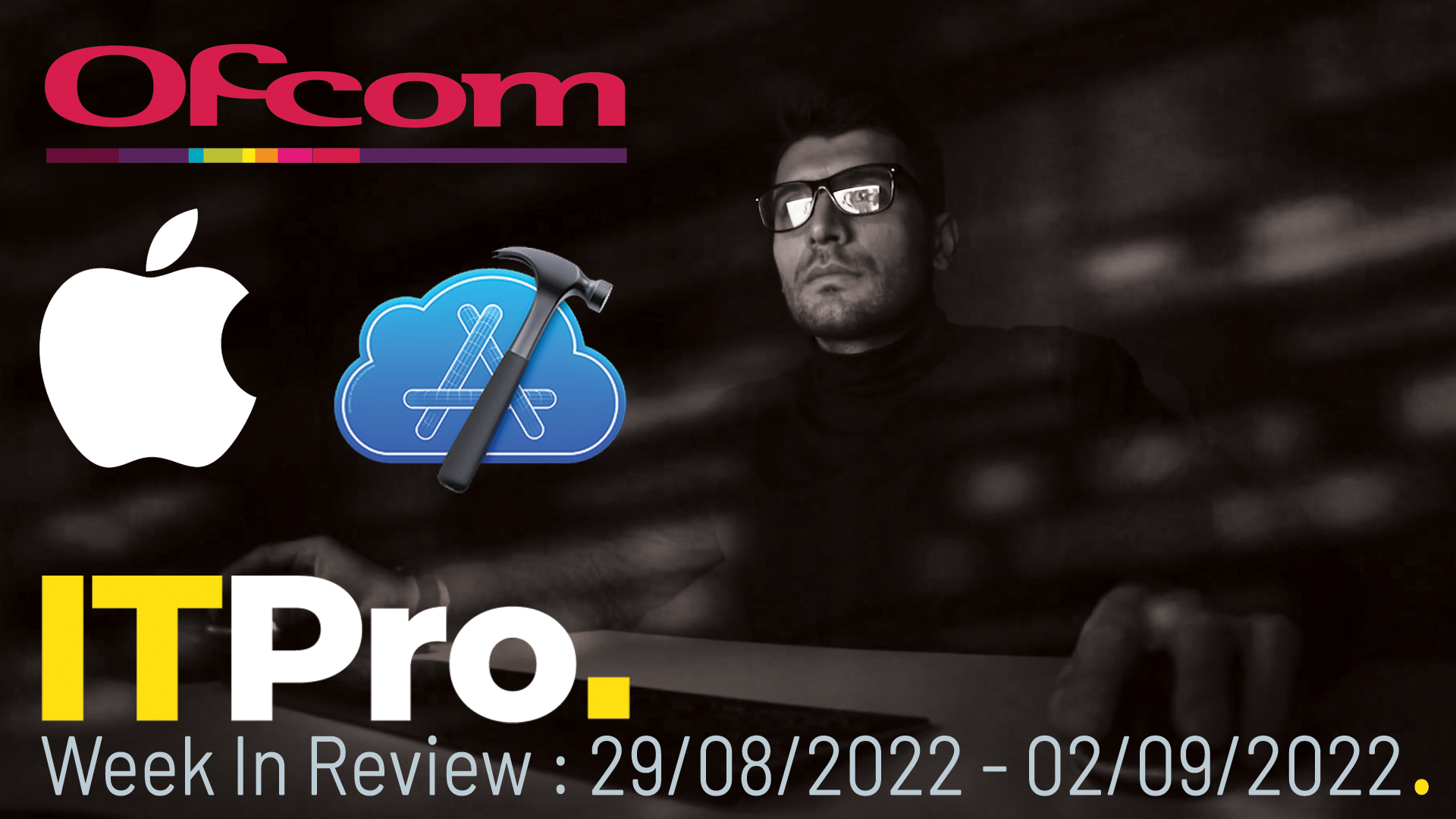How BAA uses IT to find bags and sell an airport
From lost bags to an airport for sale, BAA’s CIO shows how IT needs to respond both to disruptions, and changes in business strategy.

"The role of IT in contingency planning is to make sure that IT is not the weak link... Accept that redundancy and duplication are needed for operational excellence and write the cost of suitable contingency plans into the business case early."
More turbulence ahead
Losing bags, though, is by no means the only challenge facing BAA. The airport operator, along with other companies that rely heavily on consumer spending, is being hit by the economic downturn.
The recession, Langsdale says, has cut passenger traffic by 7.3 per cent, although London's Heathrow has done better, seeing a decline of between three and 3.5 per cent.
However, fewer passengers means a reduced income from landing charges and other fees, and lower revenues for the retail outlets that are so important for environments such as Terminal 5. A study carried out by Santander, the banking group, calculated that Britons now spend 378 million a year at airports, down from 1 billion in September 2007.
Falling revenues will not affect BAA's investment plans, Langsdale says: "We are fully funded... we have 5 billion of regulated investment we have to deliver on", but it does force BAA to focus on value."
"We have to be able to respond to that. We have to deliver improved value to our main customers, the airlines. We have to look at ways that we can improve the way we use our infrastructure to benefit BAA, BA and our other customers."
Get the ITPro daily newsletter
Sign up today and you will receive a free copy of our Future Focus 2025 report - the leading guidance on AI, cybersecurity and other IT challenges as per 700+ senior executives
Part of this is being done by reducing costs, but Langsdale is also anxious to simplify IT operations, not just to reduce expenses but also to improve reliability.
"We have a choice: whether to go for an open standard, or to adopt a single stack approach, probably Microsoft. It is very tempting to go for the latter the former needs a lot of capabilities in house but you have to weigh up the downsides of a single stack vendor against the advantages."
-
 Why keeping track of AI assistants can be a tricky business
Why keeping track of AI assistants can be a tricky businessColumn Making the most of AI assistants means understanding what they can do – and what the workforce wants from them
By Stephen Pritchard
-
 Nvidia braces for a $5.5 billion hit as tariffs reach the semiconductor industry
Nvidia braces for a $5.5 billion hit as tariffs reach the semiconductor industryNews The chipmaker says its H20 chips need a special license as its share price plummets
By Bobby Hellard
-
 Protecting CIOs' IT budgets is "paramount" in maintaining business growth
Protecting CIOs' IT budgets is "paramount" in maintaining business growthNews If CIOs are forced to make emergency budget cuts, they should also explain the risks to high level stakeholders so the responsibility is shared
By Zach Marzouk
-
 The IT Pro Podcast: Accelerating digital transformation
The IT Pro Podcast: Accelerating digital transformationIT Pro Podcast Implementation is just as important as the value of change
By IT Pro
-
 Podcast transcript: Accelerating digital transformation
Podcast transcript: Accelerating digital transformationIT Pro Podcast Read the full transcript for this episode of the IT Pro Podcast
By IT Pro
-
 Fit-for-purpose IT infrastructure for digitally determined organisations
Fit-for-purpose IT infrastructure for digitally determined organisationsWhitepaper Your innovation engine: Guiding organisations through change in the new digital economy
By ITPro
-
 IT Pro News in Review: CIOs face a challenge, Ofcom's telecom fines, Apple expands Xcode
IT Pro News in Review: CIOs face a challenge, Ofcom's telecom fines, Apple expands XcodeVideo Catch up on the biggest headlines of the week in just two minutes
By IT Pro
-
 CIO role has 'drastically changed' over last 24 months, says Lenovo
CIO role has 'drastically changed' over last 24 months, says LenovoNews Globally survey suggests chief information officers have greater influence over their company now the role has expanded beyond technology
By Bobby Hellard
-
 How can CIOs help to close the tech skills gap?
How can CIOs help to close the tech skills gap?In-depth The most well-equipped IT leaders can take a number of practical steps to close the divide within their organisations
By Rene Millman
-
 What is a virtual CIO (vCIO) and does your business need one?
What is a virtual CIO (vCIO) and does your business need one?In-depth With tech skills in short supply, organisations are turning to temporary expertise to see through critical digital transformation projects
By Mark Samuels